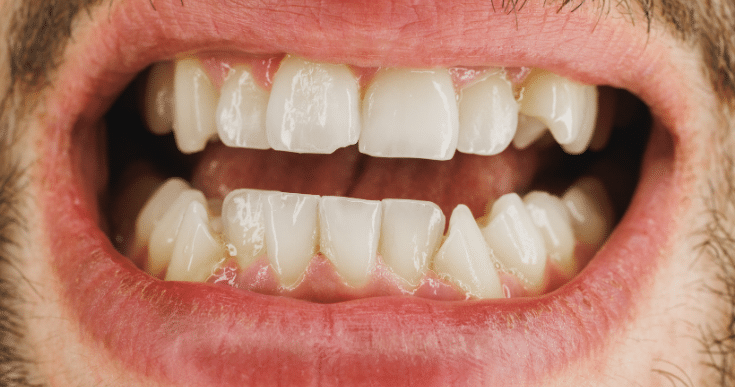
Do you find yourself constantly reaching for a cold bottle of water throughout the day? You’re not alone! A healthy lifestyle often includes regular hydration that helps to maintain proper body and oral health. But could your favorite bottled water actually harm your teeth? Your first instinct may be to think – “No way! Water can’t hurt my teeth, right?” The answer isn’t quite so simple. There are both beneficial effects and potentially hazardous elements in bottled spring waters we drink every day. Join us as we explore the ins and outs of this fascinating topic and discover if drinking store-bought water is really just as safe for our mouths as many people assume it is.
The Role pH Plays in Dental Health.
The first thing to consider when looking at the effects of bottled water is the pH level. The pH level is a measure of acidity or alkalinity in a substance, and it can affect how healthy your teeth stay. Generally speaking, anything lower than four or above eight on the pH scale can damage tooth enamel since the enamel breaks down more easily when exposed to acids. Many bottled water brands have a low pH (below 7), which means they could potentially damage your teeth if you drink them too often.
What About Fluoride?
Another vital factor to consider when assessing the impact of bottled water on dental health is fluoride content. Fluoride is critical in protecting tooth enamel from decay and cavities, so it’s essential to ensure your drinking water has enough of it. Unfortunately, many bottled water brands do not contain fluoride; some contain only trace amounts, while others don’t! That means you may be missing out on some important protection for your teeth if you rely solely on bottled water as your source of hydration.
Other Considerations
In addition to considering pH levels and fluoride content, other factors come into play when determining whether or not bottled water is bad for your teeth. For example, some brands add sugar or artificial sweeteners to their products; both can lead to cavities if consumed in excess. Additionally, plastic bottles are made with BPA chemicals which can leach into the contents over time. These chemicals can also be harmful to your dental health if ingested regularly.
Final Takeaway
We know that drinking plenty of water is essential for keeping our bodies healthy—but what about our teeth? While drinking bottled water does provide convenience and quick hydration, it’s important to remember that there may be potential risks associated with using it as a primary source of hydration, depending on its pH levels and fluoride content (or lack thereof). Therefore, adults and children should drink tap or filtered water whenever possible instead of relying solely on bottled beverages for their daily needs! This will help ensure that you stay well-hydrated while still getting the necessary minerals and nutrients needed for optimal dental health.




